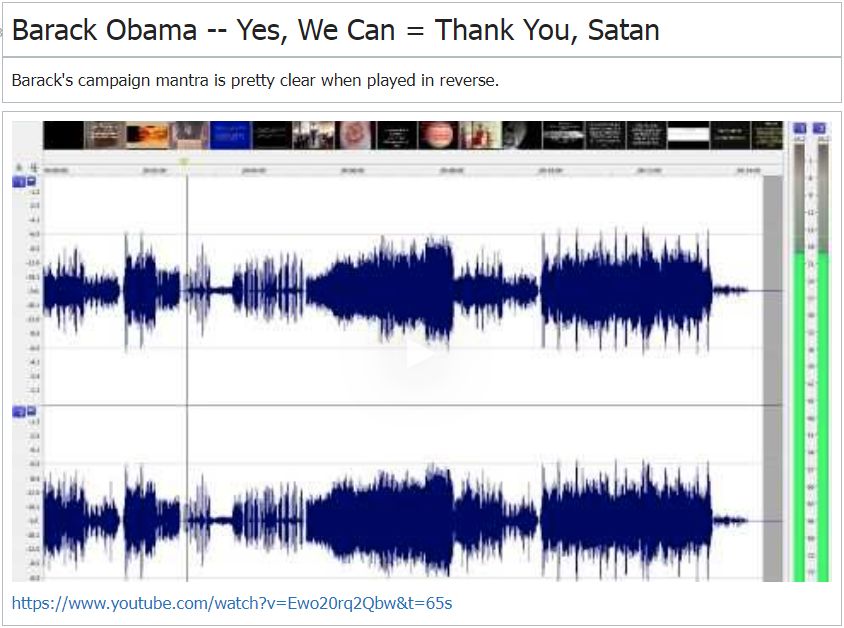Playing a Song Backwards as Muse to Writing Another
Ian McCulloch, singer-songwriter. I’ve always said that The Killing Moon is the greatest song ever written. I’m sure Paul Simon would be entitled say the same about Bridge Over Troubled Water, but for me The Killing Moon is more than just a song. It’s a psalm, almost hymnal. It’s about everything, from birth to death to eternity and God – whatever that is – and the eternal battle between fate and the human will. It contains the answer to the meaning of life. It’s my “To be or not to be …”
I love it all the more because I didn’t pore over it for days on end. One morning, I just sat bolt upright in bed with this line in my head: “Fate up against your will. Through the thick and thin. He will wait until you give yourself to him.” You don’t dream things like that and remember them. That’s why I’ve always half credited the lyric to God. It’s never happened before or since. I got up and started working the chords out. I played David Bowie’s Space Oddity backwards, then started messing around with the chords. By the time I’d finished, it sounded nothing like Space Oddity.
The rest of the lyrics came quickly, almost as if I knew them already. The title and a lot of the astronomical imagery, such as “your sky all hung with jewels”, came about because, as a kid, I’d always loved The Sky at Night and Star Trek, and I remembered the moon landing. I was up all night wishing I had a telescope.
Barack Obama — Yes, We Can = Thank You, Satan
Barack’s campaign mantra is pretty clear when played in reverse.
Echo & The Bunnymen – The Killing Moon
[[Thelemically, if you play a reversed / “Satanified” song backwards, would that not undo the ostensibly “negative” force and intention?]]Playing a song backwards and using it as inspiration for writing another song is a creative technique that some musicians and songwriters employ to generate new ideas and explore different musical possibilities. When a song is played in reverse, its familiar melodies, harmonies, and rhythms are transformed into unfamiliar and often surreal sounds. This altered perspective can spark new creative insights and inspire fresh musical ideas.
Here are some potential effects and outcomes of using this technique:
1. Unusual Melodic and Rhythmic Patterns: When a song is played backwards, the original melodies and rhythms are reversed, creating unexpected and unconventional musical patterns. This can lead to the discovery of interesting melodic motifs, chord progressions, or rhythmic structures that may not have been apparent in the original song.
2. *Textural and Timbral Exploration*: Reversing a song can also alter its timbral characteristics, emphasizing different instrumental or vocal elements and highlighting subtle details in the sound texture. This can inspire experimentation with new instrumental arrangements, production techniques, or sound effects in the composition process.
3. Lyrical Inspiration: The reversed lyrics of a song may sound like gibberish or unintelligible vocalizations, but they can still evoke emotional or atmospheric qualities that serve as inspiration for new lyrical themes or imagery. Songwriters may draw on the abstract or surreal qualities of reversed lyrics to create evocative and imaginative songwriting.
4. Creative Constraint: Using a reversed song as a muse imposes a creative constraint that can stimulate inventive problem-solving and innovation. Songwriters may challenge themselves to reinterpret or transform the reversed material into something original and compelling, leading to surprising and innovative musical outcomes.
5. Exploration of Mood and Atmosphere: Reversed music often has a dreamlike or otherworldly quality that can evoke specific moods or atmospheres. Songwriters may use this atmospheric quality as a starting point for developing the emotional tone or narrative direction of a new song, exploring themes of mystery, nostalgia, or introspection.
Overall, playing a song backwards as a muse for writing another song is a creative experiment that can yield diverse and imaginative results. By embracing the unexpected and pushing the boundaries of conventional musical practices, songwriters can uncover new artistic possibilities and enrich their creative process.
